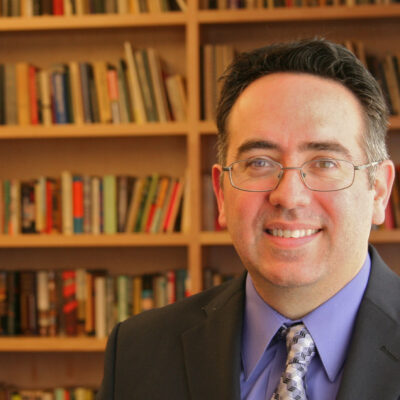President Obama recently said, "It's not enough just to feel bad.” He said it about the killing of nine people during a prayer meeting in a historic black church in Charleston, South Carolina. But he could just as easily have said it about the high-profile incidents of police abuse that have dominated the headlines this past year.
Our country is at a crossroads. We face a fundamental choice today.
Will we accept a deeply divided nation where only whites can have a high level of confidence in the criminal justice system generally and the police specifically? Or will we push for a country where everyone can trust that the police are there to protect and serve them?
Will we allow the needless killing and abuse of our brothers and sisters to continue? Or will we rewrite the rules for policing and hold individual officers and law enforcement agencies accountable for treating everyone fairly?
The answer should be clear. This can’t continue. This must stop being acceptable.
We have been called to action. If we want the abuse to stop – if we want policing to match what the law decrees and the community deserves -- we must do something. If we don’t act -- if we remain passive or indifferent to what is happening – we become complicit.
There are clearly policy actions that can be taken and must be taken to reform policing – revising use of force policies, training officers to de-escalate situations and avoid force, collecting data about racial profiling and use of force and tracking and disciplining officers who receive inordinate number of complaints, promptly disclosing video footage from dash and body cams, etc.
The list of effective and proven reforms goes on and on, but achieving them will not be easy, particularly because many police will resist making changes to fix a problem they don’t think exists.
So, what can one person do? We must do what concerned, disappointed, and angry people have always done.
We need to speak up and keep speaking up. If we in the public disagree about how police behave and how often they resort to deadly force against unarmed people, we have the right – and I would say the obligation – to say so, whenever and wherever we can. We must challenge the conspiracy of silence that has for so long minimized if not barred discussion of police abuse from the national public sphere.
We need to keep the national dialogue focused on police violence and reform. We must counteract the prevailing public opinion that keeps police beyond scrutiny and that excuses and justifies whatever they do. We must make society rethink its approach to policing and we must demand policing that takes seriously the principle that all people are created equal.
That’s why groups like Blackout for Human Rights and events like the Blackout Music & Film Festival are so important -- to provide a space and a community for people to dissent, to speak up, and to speak out against what’s happening.
That’s why the ACLU of Southern California is proud to participate and promote MobileJustice, so people can know and exercise their rights, including the right to record police encounters.
So, let’s stand for justice. Let’s speak out. And let’s get to work on reforming the police.
Start by joining us at the first annual Blackout Music & Film Festival, Saturday, Aug. 29, 2015 at The GRAMMY Museum, 800 W. Olympic Blvd., in Downtown Los Angeles, where we and Black Lives Matter will be hosting a panel discussion on social justice.
Hector Villagra is executive director of the ACLU of Southern California.

